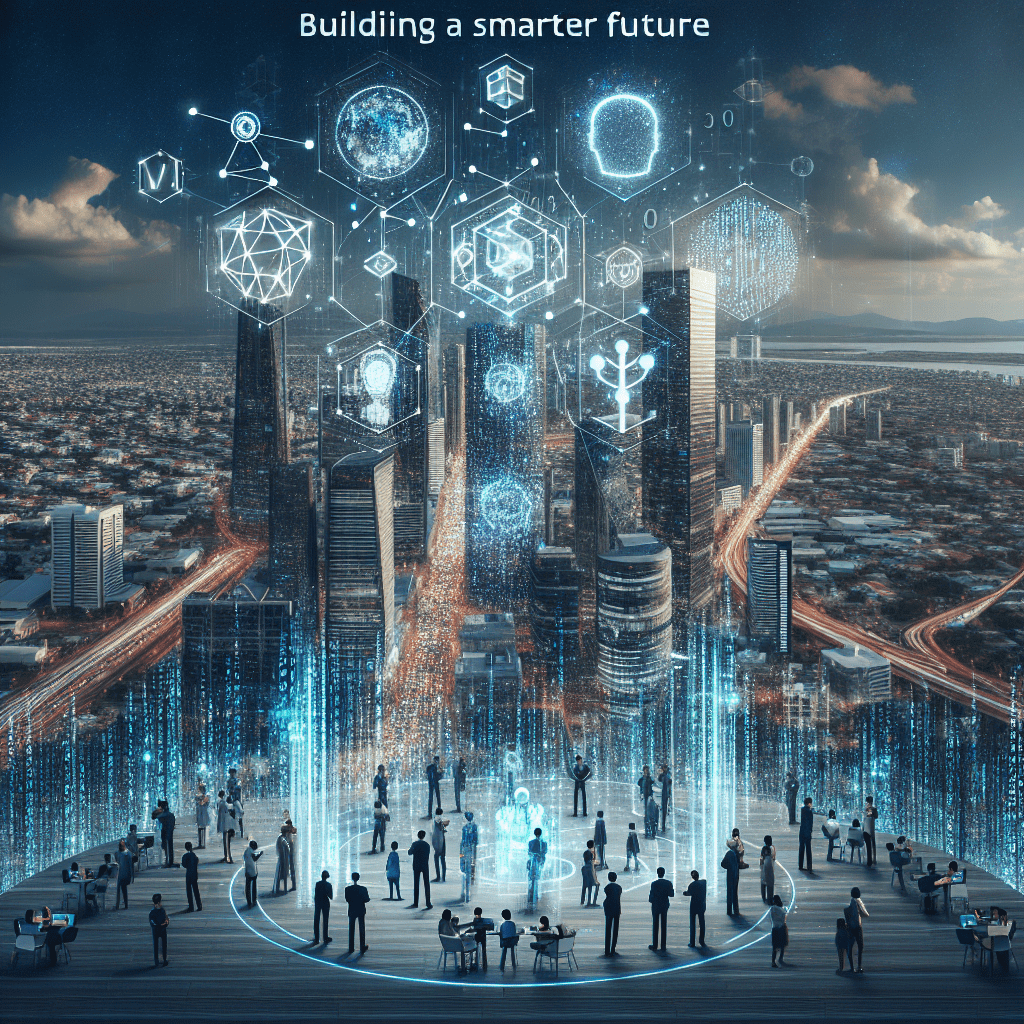Artificial Intelligence (AI) has become one of the most transformative technologies of our time, with the potential to revolutionize virtually every aspect of society. From healthcare to transportation, from education to entertainment, AI has the power to create a smarter, more efficient future for all of us. In this article, we will explore the impact of AI implementation on society and how it is shaping the world we live in.
The Benefits of AI Implementation
AI has the potential to transform industries by increasing efficiency, productivity, and innovation. In healthcare, AI-powered tools can help doctors diagnose illnesses more accurately and quickly than ever before. AI can also assist in drug discovery and personalized treatments, leading to better patient outcomes.
In transportation, AI can improve safety and reduce congestion by optimizing traffic flow and predicting potential accidents. In education, AI can personalize learning experiences for students, provide feedback on their progress, and help teachers tailor instruction to individual needs. In entertainment, AI can create more immersive and interactive experiences for audiences.
The Challenges of AI Implementation
While AI offers numerous possibilities for innovation and improvement, it also raises ethical and societal concerns. One of the biggest challenges is the potential impact on jobs. As AI becomes more advanced, many routine tasks currently performed by humans could be automated, leading to job displacement and income inequality.
AI also raises concerns about privacy and security, as the technology often requires large amounts of data to function effectively. There are also worries about bias and discrimination in AI algorithms, which can perpetuate existing inequalities in society.
The Future of AI and Society
As AI continues to advance, it is essential for policymakers, businesses, and individuals to consider the ethical implications and potential risks of AI implementation. By developing transparent and accountable AI systems, we can ensure that the technology benefits society as a whole while minimizing harm to vulnerable populations.
Ultimately, the impact of AI on society will depend on how we choose to use and regulate the technology. By working together to address these challenges, we can build a smarter, more equitable future for all.
Conclusion
AI implementation has the potential to transform society in significant ways, from improving healthcare and transportation to revolutionizing education and entertainment. While there are challenges and concerns associated with AI, it is essential to recognize the opportunities for innovation and progress that the technology offers. By addressing ethical and societal implications, we can harness the power of AI to create a smarter future for all.
FAQs
1. How is AI impacting job opportunities?
AI has the potential to automate many routine tasks, leading to job displacement in some industries. However, AI also creates new opportunities for high-skill, high-wage jobs in fields like data science and machine learning.
2. What are the ethical concerns surrounding AI?
Some of the ethical concerns surrounding AI include privacy and security risks, bias and discrimination in algorithms, and the potential for AI to exacerbate existing inequalities in society.
3. How can society benefit from AI implementation?
AI can benefit society by increasing efficiency, productivity, and innovation in various industries. It can also improve healthcare outcomes, transportation safety, educational experiences, and entertainment offerings.
Quotes
“The question of whether a computer can think is no more interesting than the question of whether a submarine can swim.” – Edsger Dijkstra
#Building #Smarter #Future #Impact #Implementation #Society


